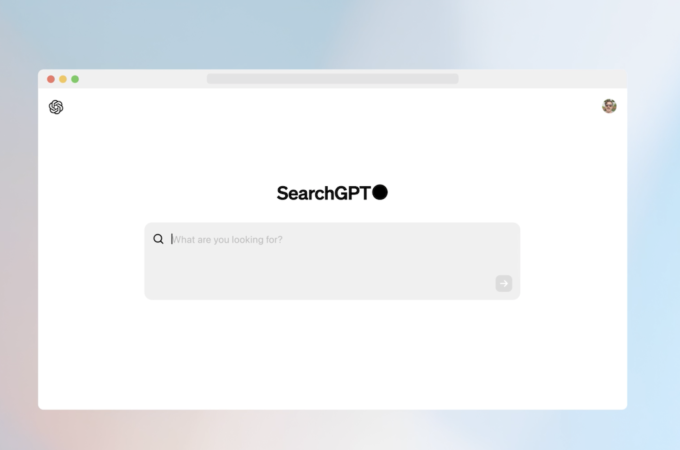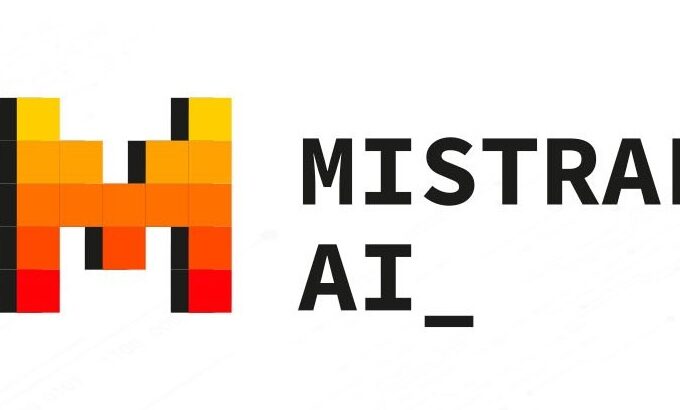
OpenAI Unveils Voice Engine: Navigating Risks in Synthetic Voice Creation
OpenAI, the AI startup known for its cutting-edge technologies, has unveiled its latest creation: Voice Engine. This revolutionary tool allows users to recreate someone’s voice from just a 15-second audio sample, marking a significant advancement in synthetic voice generation.
Voice Engine, under development for about two years, represents OpenAI’s commitment to pushing the boundaries of AI while maintaining a vigilant approach to its potential misuse. Unlike similar technologies offered by competitors, Voice Engine is not yet available to the public, as OpenAI prioritizes understanding and mitigating the risks associated with its deployment.
Jeff Harris, a member of OpenAI’s product staff, emphasized the company’s dedication to responsible innovation, stating, “We want to make sure that everyone feels good about how it’s being deployed — that we understand the landscape of where this tech is dangerous and we have mitigations in place for that.”
While Voice Engine holds immense promise for various applications, including aiding non-readers, facilitating language translation, and even restoring speech for individuals with disabilities, OpenAI remains cautious about its widespread release. Concerns about potential misuse, particularly in sensitive areas such as election campaigns and financial fraud, underscore the need for careful consideration before making the technology broadly available.
In light of these concerns, OpenAI has engaged with stakeholders from government, media, entertainment, and civil society to gather feedback and ensure that Voice Engine is deployed responsibly. The company’s usage policies prohibit unauthorized impersonation and emphasize the importance of obtaining explicit consent from the original speaker.
Furthermore, OpenAI is exploring additional safeguards, such as watermarking to trace the origin of synthetic voices and implementing voice authentication experiences to verify the authenticity of generated voices. These measures aim to mitigate the risks of misuse and protect against fraudulent activities that could exploit the technology.
As the debate over the ethical and societal implications of synthetic voice technology continues, OpenAI remains committed to fostering dialogue and collaboration to address these challenges. While the potential of Voice Engine is undeniable, its responsible deployment requires careful consideration and proactive measures to safeguard against misuse.





